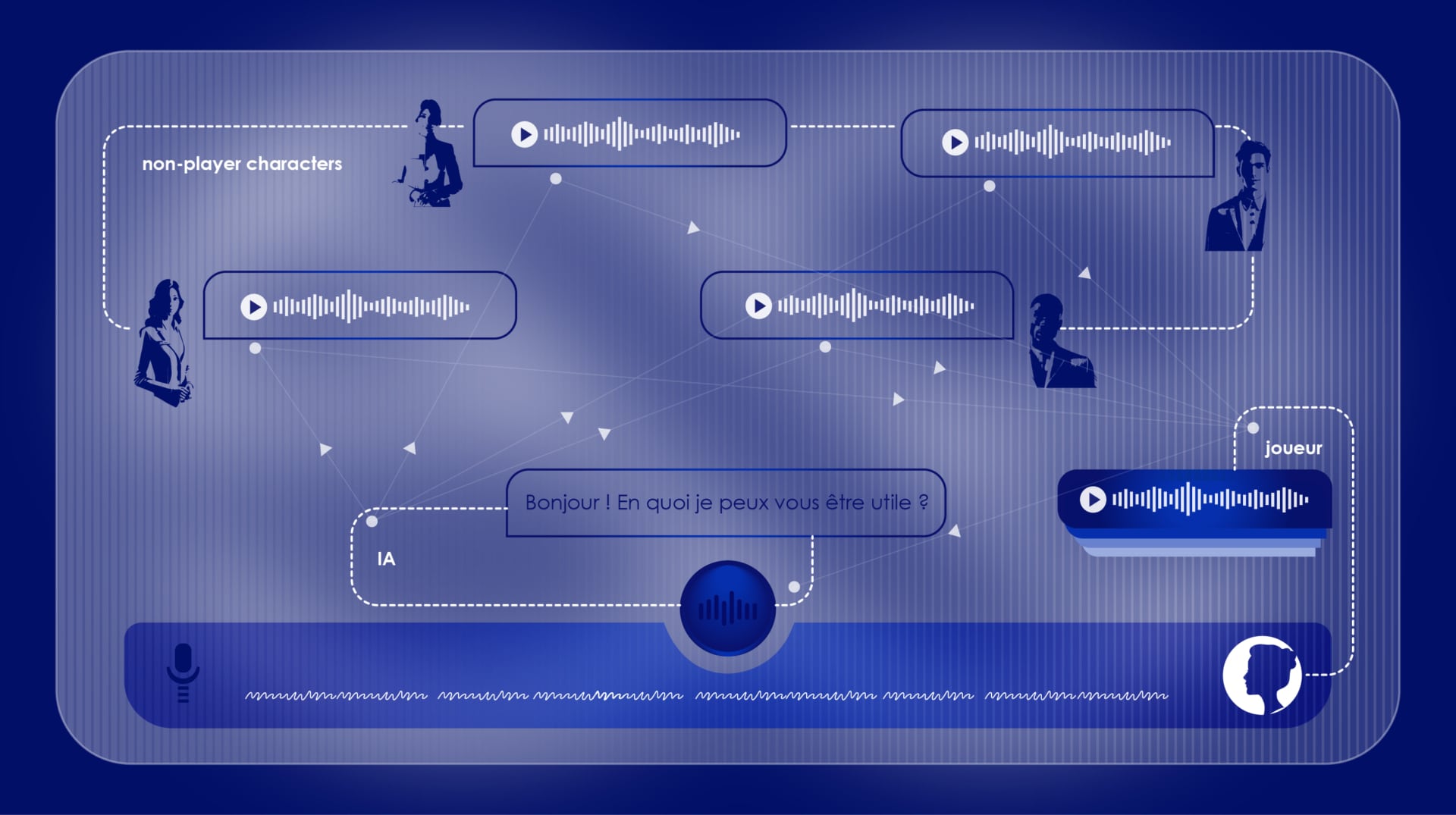
Maximizing Sales Training Effectiveness: Leveraging AI and Gamification

In the dynamic realm of sales enablement, the work feels relentless. You’re constantly training and coaching sales teams, developing reinforcement strategies, ensuring salespeople have access to the right materials, and helping them in crafting personalized buying experiences. For industries like retail, luxury, tech, and banking, this effort represents a serious commitment and investment. The rise of artificial intelligence (AI) and gamification technologies presents unparalleled opportunities to enhance these efforts. This article delves into how companies can improve their sales training programs through adaptive learning, digital learning games, and AI-based eLearning.
Discover how Lancôme used microlearning to train its beauty consultants

Adaptive Learning: A Training Revolution
Adaptive learning represents a significant advancement in the field of training. This concept relies on using AI to personalize learning based on the individual needs of each learner. Unlike traditional approaches where all employees receive the same content, adaptive learning targets specific gaps and adjusts the content in real-time.
Advantages of Adaptive Learning:
Personalized Training:
Each salesperson receives a unique training path based on their current skills and specific needs.
Increased Efficiency:
By focusing on each learner’s weak points, adaptive learning maximizes training effectiveness and reduces the time needed to achieve competence goals.
Learner Engagement:
Personalized content keeps salespeople interested, making learning more interactive and less monotonous.

Digital Learning Games: Learning Through Fun
Gamification is a strategy that uses game elements in non-game contexts to improve engagement and motivation. In the context of sales training, digital learning games can transform traditional training modules into interactive and immersive experiences.
Advantages of Digital Learning Games:
Increased Motivation:
Digital games make learning more appealing, encouraging salespeople to participate actively.
Information Retention:
Studies show that gamification improves knowledge retention through active engagement and immediate feedback.
Healthy Competition:
Games can include competitive elements, prompting salespeople to outperform and enhance their performance.
AI-Based eLearning: AI at the Service of Training
AI-based eLearning uses artificial intelligence to provide smarter and more adaptive training. By integrating advanced algorithms, these solutions can analyze salespeople’s learning behaviors and adjust content accordingly.
Advantages of AI-Based eLearning:
Real-Time Data Analysis:
AI can monitor learners’ progress in real-time, providing detailed analyses on performance and areas needing improvement.
Automated Recommendations:
Based on collected data, AI can recommend specific training modules for each salesperson, optimizing the training path.
Flexibility and Accessibility:
AI-based eLearning solutions are often accessible anytime and from any device, offering maximum flexibility to salespeople.
Combining Adaptive Learning, Gamification, and AI-Based eLearning
Integrating adaptive learning, gamification, and AI-based eLearning can radically transform sales training. Here’s how these elements can be combined to maximize training effectiveness:
Creating Personalized Paths:
Use adaptive learning to identify each salesperson’s specific needs and create personalized training paths.
Gamifying Training Modules:
Incorporate digital learning games to make training modules more interactive and engaging.
Real-Time Analysis and Adjustment:
Use AI to analyze learning data in real-time and adjust content based on learners’ performance.

Key Metrics for Success
To effectively measure the success of integrating AI and gamification in sales training, it is crucial to track a range of key metrics. These metrics provide valuable insights into the effectiveness of training programs and areas for improvement:
- Training Completion Rates: This metric indicates the percentage of salespeople who complete the training modules. A higher completion rate suggests that the training is engaging and accessible.
- Knowledge Retention Scores: Regular assessments, quizzes, and practical applications can help evaluate how well the sales team retains the information over time. High retention scores often correlate with effective training methodologies.
- Engagement Levels: Track the level of participation and interaction during training sessions, including the time spent on modules, the frequency of logins, and participation in gamified elements. Higher engagement levels are often a good indicator of training effectiveness.
- Performance Improvement: Measure the impact of training on sales performance. This can include metrics such as the increase in sales numbers, the average deal size, or the rate of conversion before and after training.
- Learner Feedback and Satisfaction: Collect feedback from participants to gauge their satisfaction with the training content, delivery methods, and overall experience. This qualitative data can offer valuable insights into areas for further improvement.
- Time to Competency: Monitor the time taken by salespeople to reach desired competency levels. Faster progression indicates that the training methods are efficient and effective.
By focusing on these comprehensive metrics, companies can ensure that their investment in AI and gamification for sales training yields tangible benefits, leading to improved performance and a more skilled salesforce.
Discover


Book A Demo
Get a personalized demonstration by one of our game design experts.


